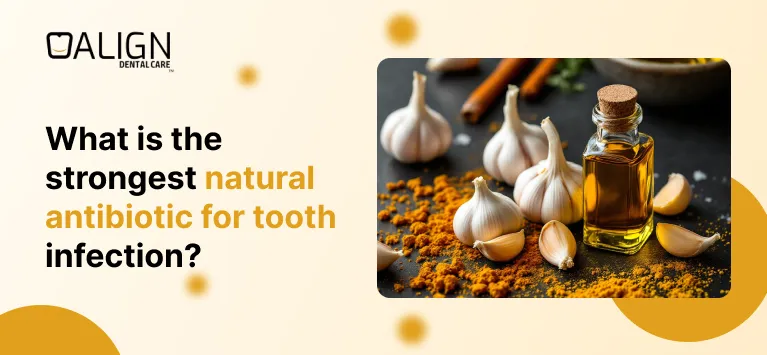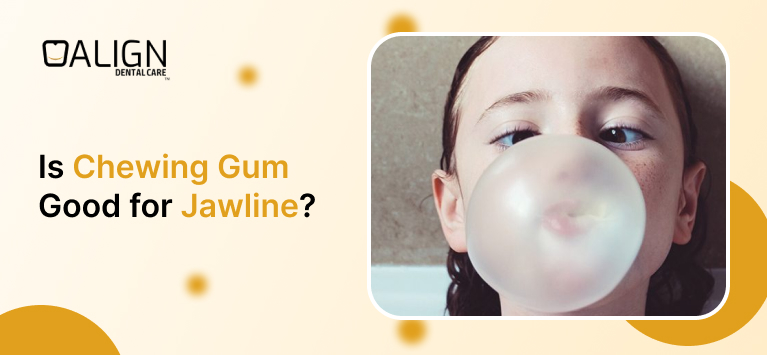
What is the strongest natural antibiotic for tooth infection?
Tooth infections can cause significant discomfort and, if left untreated, may lead to serious complications. While conventional antibiotics are commonly prescribed, many individuals seek natural alternatives to manage symptoms and support healing. In this blog, we’ll explore the strongest natural antibiotics for tooth infections, their benefits, and how to use them effectively.
Table of Contents
Understanding Tooth Infections
A tooth infection, or dental abscess, occurs when bacteria invade the dental pulp—the innermost part of the tooth containing nerves and blood vessels. This invasion can result from untreated cavities, gum disease, or dental trauma. Symptoms often include:
- Severe, persistent toothache
- Sensitivity to hot or cold temperatures
- Swelling in the face or cheek
- Fever
- Swollen lymph nodes
- Foul taste in the mouth
Prompt treatment is essential to prevent the spread of infection to other parts of the body.
Natural Antibiotics for Tooth Infection
Natural antibiotics are substances found in nature that have antimicrobial properties, meaning they can help fight bacteria, fungi, and viruses. When it comes to tooth infections, these remedies may help reduce inflammation, kill harmful bacteria, and ease pain, especially in the early stages or while waiting to see a dentist.
Below are some of the most effective natural antibiotics for tooth infection, including how they work and how to use them safely at home.
1. Garlic
Why it’s effective:
Garlic contains a compound called allicin, which has powerful antibacterial, antiviral, and antifungal properties. Allicin is released when raw garlic is crushed or chopped.
How to use it:
- Crush a fresh garlic clove and let it sit for 10 minutes to activate the allicin.
- Apply the crushed garlic directly to the infected tooth using a clean cotton swab.
- Leave it for 5–10 minutes, then rinse with warm saltwater.
- Repeat 2–3 times a day.
Note: Garlic can cause a burning sensation in the mouth. Do not use it if you have sensitive gums or open wounds.
2. Clove Oil
Why it’s effective:
Clove oil contains eugenol, a natural anaesthetic and antibacterial compound. It’s especially effective as a natural antibiotic for toothache relief and reducing infection.
How to use it:
- Dilute a few drops of clove oil with a carrier oil like olive oil.
- Apply it directly to the infected tooth with a cotton swab.
- Alternatively, you can chew on a whole clove for similar effects.
Note: Do not swallow clove oil, and avoid using it more than three times a day.
3. Turmeric
Why it’s effective:
Turmeric has curcumin, a compound known for its strong anti-inflammatory and antimicrobial effects. It helps reduce swelling and fights bacteria.
How to use it:
- Mix 1/2 teaspoon of turmeric powder with a few drops of water or coconut oil to make a thick paste.
- Apply it to the infected tooth and surrounding gums.
- Let it sit for 10–15 minutes, then rinse with warm water.
Bonus: Turmeric also promotes wound healing and improves gum health.
4. Tea Tree Oil
Why it’s effective:
Tea tree oil has terpinen-4-ol, a compound that destroys bacteria and reduces inflammation. It’s especially effective as an oral rinse for mild infections.
How to use it:
- Add 1 drop of tea tree oil to a cup of warm water.
- Use it as a mouth rinse for 30 seconds.
- Spit it out and rinse again with plain water.
Important: Never swallow tea tree oil. It’s toxic if ingested.
5. Saltwater Rinse
Why it’s effective:
Salt has natural disinfectant properties that draw out infection, reduce swelling, and promote healing. It’s also soothing and easy to prepare at home.
How to use it:
- Dissolve 1/2 to 1 teaspoon of salt in a glass of warm water.
- Rinse your mouth thoroughly, especially around the infected area.
- Repeat 3–4 times a day.
Tip: Use non-iodised salt for best results.
6. Oregano Oil
Why it’s effective:
Oregano oil is rich in carvacrol and thymol, both of which have antibacterial and antioxidant properties. It can help manage bacterial infections in the mouth.
How to use it:
- Mix 2–3 drops of oregano oil with a carrier oil (like coconut oil).
- Apply the mixture to the infected area using a cotton swab.
- Let it sit for 10 minutes before rinsing.
Note: Avoid using oregano oil if you are pregnant or allergic to herbs from the mint family.
Homemade Antibiotics for Tooth Infection
For those seeking at-home solutions, combining natural ingredients can enhance their effectiveness.
Natural Antibiotic Recipe for Tooth Infection
Ingredients:
- 1 crushed garlic clove
- 1/2 teaspoon turmeric powder
- A few drops of clove oil
- A pinch of salt
Instructions:
- Mix all ingredients to form a paste.
- Apply the paste to the affected tooth and surrounding gums.
- Leave it on for 10-15 minutes before rinsing with warm saltwater.
- Repeat twice daily until symptoms improve.
This homemade antibiotic combines the benefits of garlic, turmeric, and clove oil, offering a potent natural remedy for dental infections.
Alternatives to Antibiotics for Tooth Infection
While natural remedies can provide relief, they are not substitutes for professional dental care. However, certain practices can support oral health and prevent infections:
- Proper Oral Hygiene: Brushing twice daily, flossing, and using an antiseptic mouthwash can prevent bacterial buildup.
- Dietary Choices: Reducing sugar intake and consuming foods rich in vitamins and minerals support gum health.
- Regular Dental Check-ups: Routine visits allow early detection and management of potential issues.
These alternatives to antibiotics for tooth infection focus on the prevention and maintenance of oral health.
Conclusion
Natural remedies like garlic, clove oil, turmeric, and tea tree oil offer supportive care for tooth infections. While they can alleviate symptoms and aid healing, they should complement, not replace, professional dental treatment. Maintaining good oral hygiene and seeking timely dental care are paramount in preventing and managing dental infections.
Frequently Asked Questions
Garlic is considered one of the strongest natural antibiotics for tooth infections due to its allicin content, which has potent antibacterial properties.
At-home remedies include garlic, clove oil, turmeric paste, and saltwater rinses, all known for their antibacterial properties.
While several natural remedies exist, garlic is often cited as the best natural antibiotic for tooth infections due to its strong antibacterial effects.
Yes, mixing garlic, turmeric, clove oil, and salt into a paste provides a natural remedy to apply to the infected area.
Minor infections may improve with natural remedies and good oral hygiene, but severe infections require professional dental treatment and possibly antibiotics.
Alternatives include maintaining oral hygiene, using natural remedies like garlic and clove oil, and seeking dental procedures like drainage or root canals when necessary.



















